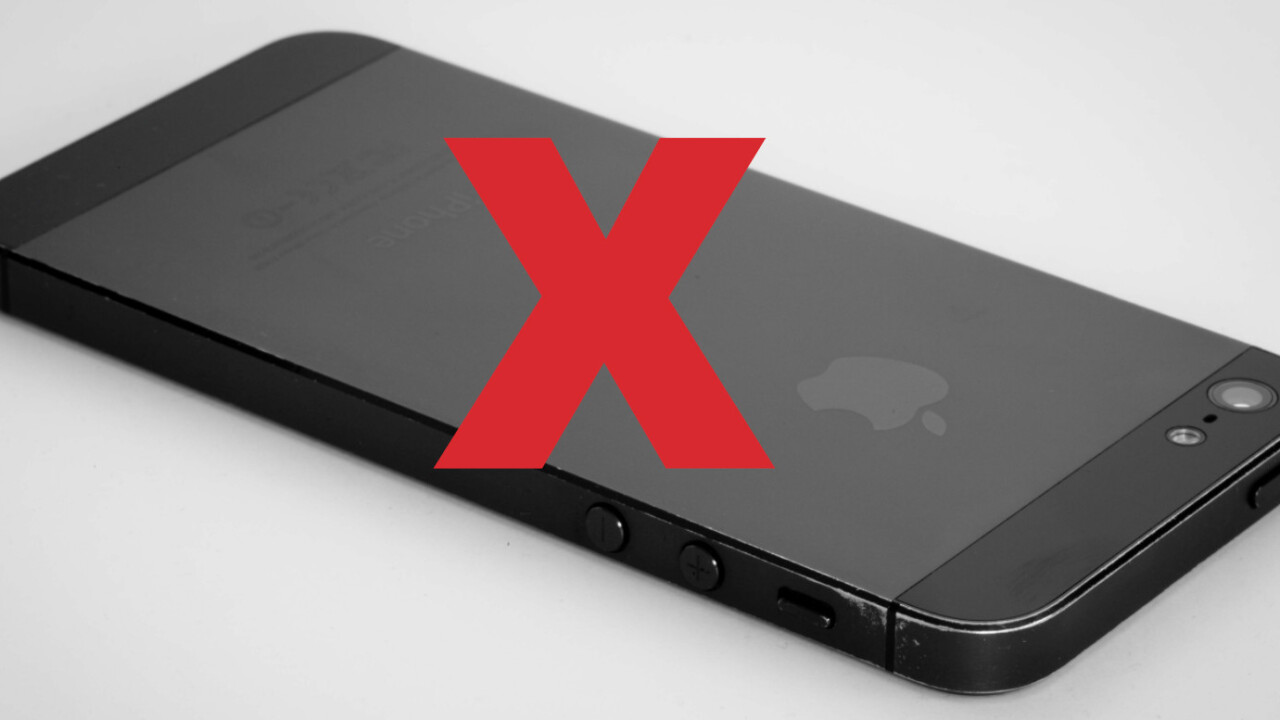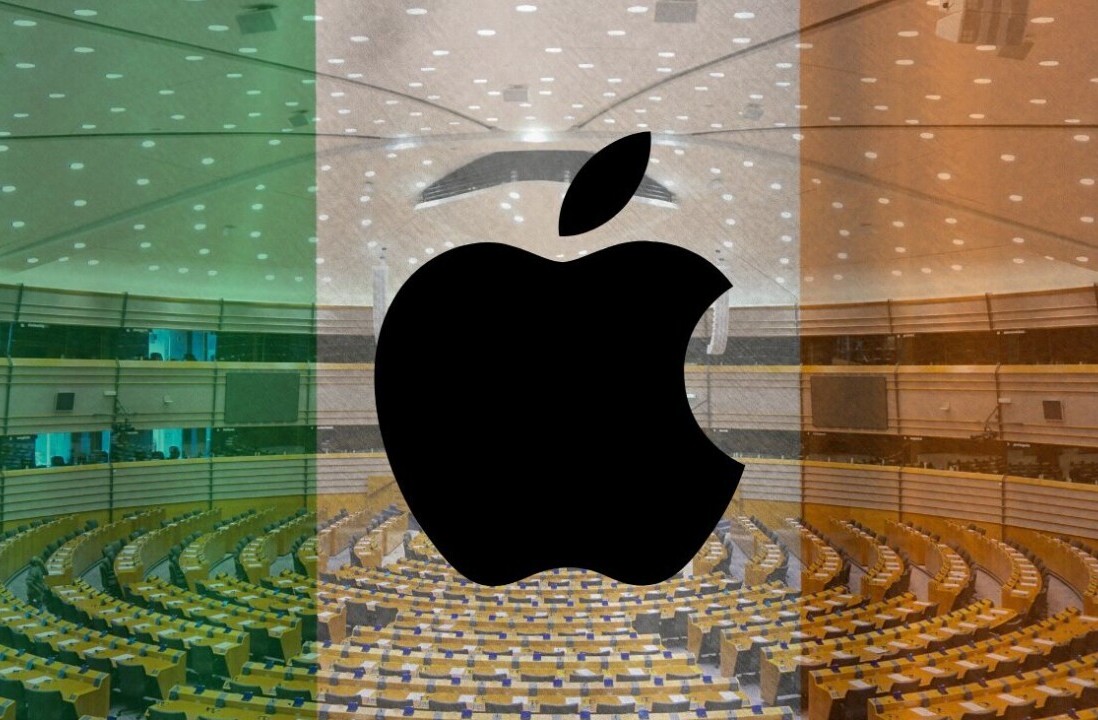
Should Qualcomm win its case against Apple, expect things to get messy.
Since January, Apple and Qualcomm have been duking it out over what the latter believes to be patent infringement. The company believes Apple is currently infringing on six of its mobile device patents. Apple, for its part, thinks Qualcomm is attempting to fleece the company for millions instead of agreeing to a fair licensing deal.
According to Qualcomm’s general counsel, Dan Rosenberg:
Apple continues to use our technology and not pay for it. They’ve really left us no choice but to say, “You’ve got to stop this.”
Talks between the two seem to have broken down, and today Qualcomm filed a lawsuit in an attempt to stop the import of iPhones and some iPads.
Qualcomm and Apple’s dispute is a messy one. Due to the pair’s mutual reliance on each other — Apple for healthy annual profits, and Qualcomm for the tech powering iPhones and iPads — a split would leave both scrambling for a quick solution.
If the ITC rules in Qualcomm’s favor, it could stop the import of iPhones to the US. That would force Apple — close to the roll-out of a new iPhone — to scrap plans and either pay the higher price Qualcomm is asking, or can the phone’s release in the US while it attempted to source new parts — which may not even be possible.
But an agreement could be just as chaotic.
If forced to pay the higher prices, Apple — and ultimately Qualcomm — could be forced to raise prices to keep margins intact. The flagship model is already inching ever-closer to the $1,000 mark, and no one really knows how big a hit Apple would take should the price rise significantly.
And then there’s the Samsung comparison. The ruling might not actually do much of anything, even if Apple loses. Apple last year won a case against Samsung after certain phones were found to infringe on its patents. The company won the right to ban Samsung from selling these devices in the US, but it didn’t really mean much. Each of these smartphones was quite dated by the time the ruling came down, and Samsung wasn’t selling any of them anyway.
There’s also the time consideration. Qualcomm’s general counsel acknowledges that this could take 18 months before a ban went into affect. This is ample time for Apple to figure out another solution.
Get the TNW newsletter
Get the most important tech news in your inbox each week.




